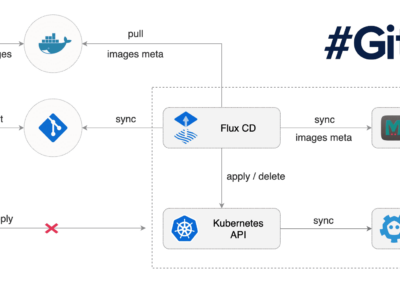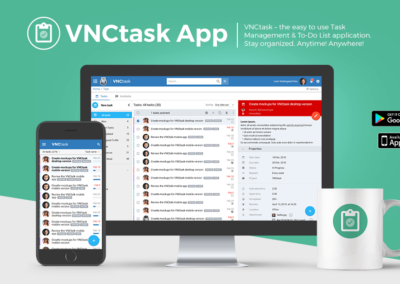Safer Internet Day was launched in 2008 to raise the awareness among private users, especially children and adolescents, regarding the safe use of the Internet. Nevertheless, there are numerous reasons to also address various aspects of cybersecurity in companies and organisations. We have collected some useful tips for you on the occasion of the Safer Internet Day.
Passwords:
A major danger is to use the same password for different accounts. Make your employees aware of using secure passwords and using new ones for each account they need. Also do not share passwords with other users, even if it seems convenient.
Email Security:
Do not use private email addresses for business purposes. The internet and its offerings will never be 100 percent secure, so there is regular data theft. Check regularly whether you appear in a so-called leak – for example, via https://haveibeenpwned.com/ – change the passwords of the affected email accounts as soon as possible. Set up powerful spam filters and firewalls for your business. Talk to your employees about scams and trojans: Fake emails seemingly coming from big companies like Amazon, Postal Services or others are becoming harder to detect. Even if the email does not contain spelling errors, it can be fake and an untested attachment can cause serious damage.
Operating System:
Keep your operating systems up to date. Linux is a real alternative as an operating system. Intuitive graphical interfaces are also standard there, and Linux is being serviced much faster by the larger community, and vulnerabilities are being fixed more quickly. In addition, very few viruses and trojans are currently being developed for Linux systems. Most malware developers are aware of the low user density and considerable size of the community, so at the moment the effort to grab data on linux systems is far too high.
Mobile Devices:
Check the permissions of apps you use in your business. For example: Does an app that controls the built-in LED as a flashlight really need access to your address book? Talk to your employees about the risks of known and widely used messengers like WhatsApp on mobile phones. Consider also an individual communications solution for your company.
Business Applications:
Although applications like Dropbox or Google Drive are practical, they are questionable in relation to the General Data Protection Regulation. Make sure that you know exactly who has access to which data, and which access rights the providers request in their terms and conditions. One of the most common internet lies is “Yes, I have read the terms and conditions”. In addition to fatal security gaps, violations of the GDPR can also have serious financial consequences for a company. Again, take advantage of a solution that gives you as much control as possible over your data and those of your customers.
Nothing is free:
If an application is not being maintained by an open source community, free applications are expensive on a different level: you pay for it with your data. Read exactly which data is used by the respective applications and if / how they are processed by the provider.
With VNClagoon VNC offers a modular solution for corporate communications. Whether it’s email, video calls, chat, cloud storage, task scheduling or project management, VNClagoon adapts to your business needs and grows as needed. All data are subject to your full control – either on your own servers or securely hosted in Switzerland or Germany.
To learn more about VNClagoon, visit vnclagoon.com or arrange a webinar via sales@vnc.biz.























